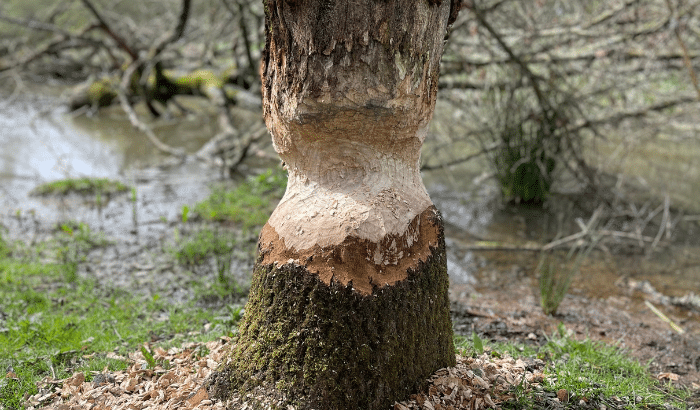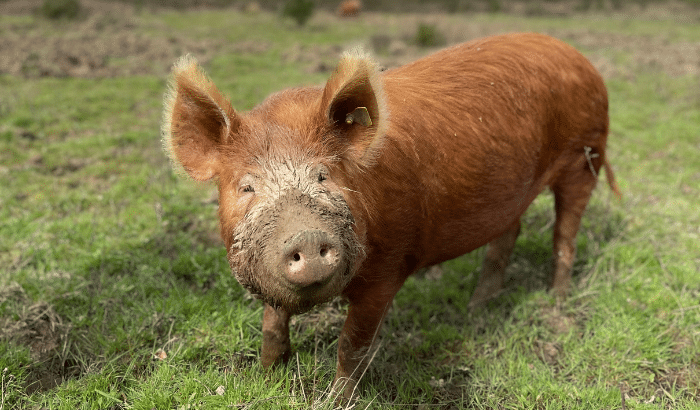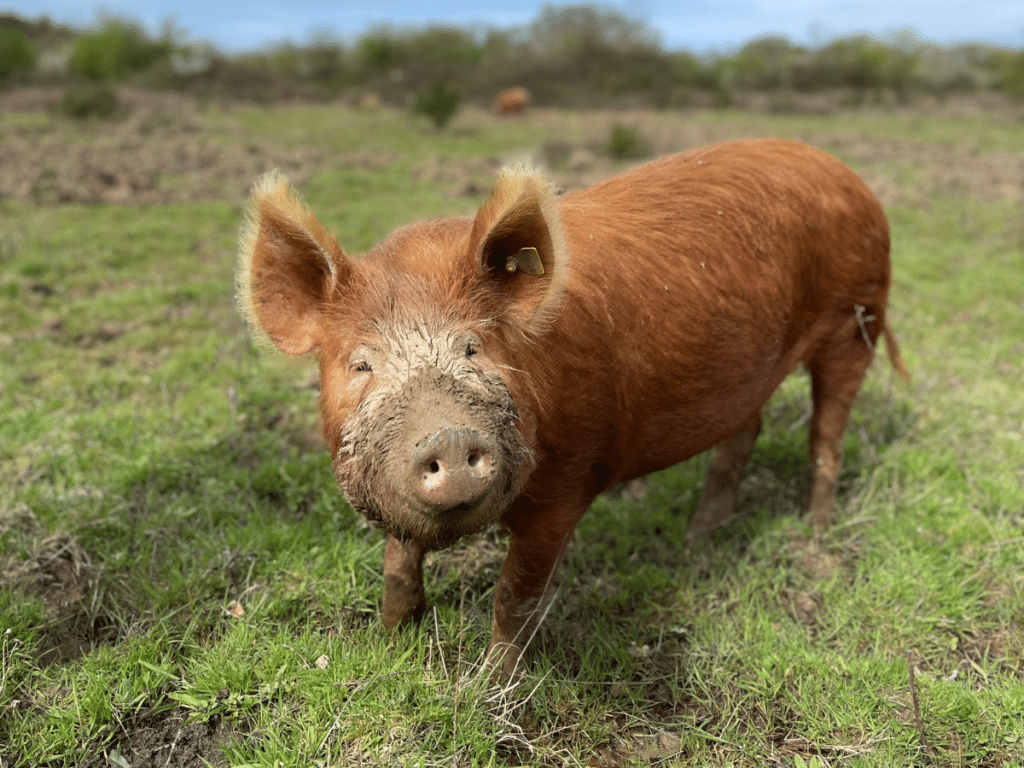The Knepp Estate, located in West Sussex, England, is home to one of the most significant rewilding projects in the UK, known as the Knepp Wildland Project. Started in 2001 by owners Charlie Burrell and Isabella Tree, the project turned away from unproductive intensive farming on low weald clay, instead allowing the land to return to a more natural state through minimal human intervention. Knepp has seen remarkable results, with habitats such as woodlands, grasslands, and wetlands regenerating and biodiversity thriving. Rare species have returned, including nightingales, turtle doves, and purple emperor butterflies. The project has attracted global attention as a model for large-scale ecological restoration and has sparked discussions about the potential of rewilding to address ecological and biodiversity challenges.

Of particular interest were the reintroduction of keystone species; species that facilitate critical processes in the ecosystem to ensure it functions correctly. The two beavers were impressive; in a matter of years, they transformed a depleted agricultural stream into a diverse and impressive wetland system transforming the landscape. Likewise, the role of the English longhorn cows, Tamworth pigs and Exmoor ponies in developing and sustaining wood pasture shows how a re-considered approach can deliver wildly impressive results

One of Knepp’s Tamworth pigs – rootling in action!
Shown around the project by Charlie Burrell, owner and re-wilder, and Molly Biddell, Head of Natural Capital, the team were impressed by the mantra of being process rather than outcome-driven. It offered a radical alternative to the traditional lens of conservation and demonstrated the real potential of thinking at the landscape level. In isolation, projects like Knepp are impressive, but the potential they hold as pockets of nature-rich land which can sit alongside successful food production is even greater. Such a rewilding project is not viable for some, and nor should it be. But it shows a real vision for land management and the natural capital conversation in the UK, highlighting an optimistic future for improving how both nature and people can thrive. By linking these projects up with wider farming business, as done at Knepp with the Weald to Waves Project, the spill-over of biodiversity can complement the food-producing areas.
Here, the team give their highlights about why Knepp is such an important and inspirational project:
Michael Burke – Data Engineer
I was amazed by the unprecedented carbon sequestration evidence of rewilding at Knepp, changing our understanding of how effective these approaches can be.
Dan Geerah – Director of Growth
How being process-driven, rather than outcome-driven turns the whole premise of “traditional conservation” on its head. No species or habitats were targeted, however, the restoration of a functioning ecosystem had allowed nature to thrive in ways that would be impossible to recreate through purely human intervention.
Cathy Evans – Digital Marketing Lead
The complete change in the landscape over a relatively short period of time – it was hard to imagine that the paths we walked along would have once been in fields and that the beaver enclosure hadn’t always been a wetland like that. Also the sound – there were so many birds!
Jack Folkestone – Customer Success Exec
The pioneering transition decades ago, from traditional agricultural practices to rejuvenated natural recovery, has turned the tide of land-use thinking. From an experiment to a success, Knepp’s story will position them as thought leaders in the ever-developing natural capital market.
Ben Harries – Data Engineer
Charlie and Molly’s passion for Knepp and its transformation is infectious. Seeing firsthand the enthusiasm and commitment to rewilding, and hearing the stories of regeneration directly from Charlie, was truly inspiring. It’s a vivid reminder that dedication to a vision can indeed create substantial, positive change in our natural world.
Jack Cowell – Product Lead
I was amazed to see the work of the “ecological engineers” in action, with the pigs rootling in the soil to give opportunities to new plant species and the beavers felling trees to create a wetland for natural flood management. I am also very interested in following the work of Nattergal to demonstrate the viability of taking the Knepp approach to other places and generating income through natural capital markets.
Alex Wakeford – Financial Director
I’ll be fascinated to see the impact of the beavers’ wetland on the surrounding vegetation in the next drought, and I loved seeing storks stride across the ground. Most encouraging was to see that the economic model remains stronger than under more conventional farming, even whilst natural capital markets are largely still developing.
George Chanarin – Business Account Exec
It was inspiring to see how this ground-breaking project is not only more profitable than comparable farm types but provides meaningful employment for so many people. With the number of rare species present at Knepp, it’s awesome to consider what scaling this model across wider areas of the UK could do for biodiversity
Working as a company to support and facilitate smart land use change means that getting out to the field happens less than we’d like, so Knepp was a real opportunity to see how our amazing users and customers are bringing about such important change. Without a doubt, nature recovery and farming hold much excitement and potential for the future.

